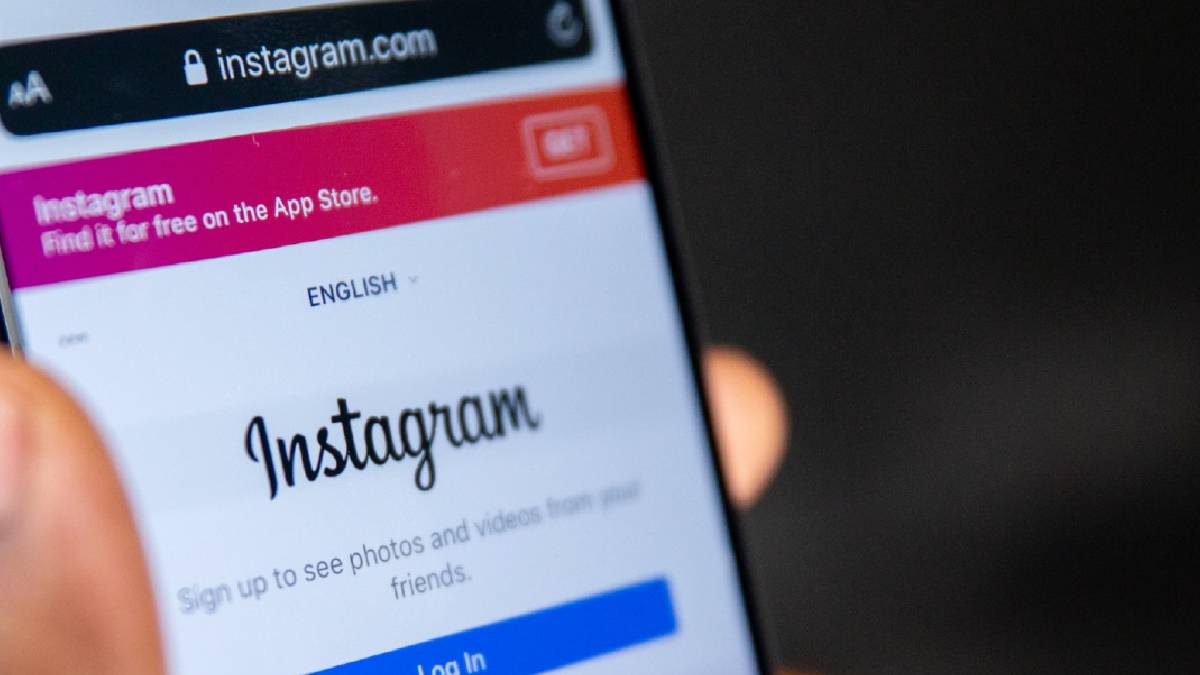
How Bad Is Your Social-Media-Induced Loneliness?
A therapist teaches you how to overcome your unhealthy relationship with social media.

By Jourdan Travers, LCSW | January 30, 2023
Many people come to therapy when they are struggling with loneliness. They ask questions like:
- "Why do I feel lonelier now than ever before, despite being more connected online?"
- "How can I make meaningful connections with others when everything is done online?"
- "Why do I feel like social media is causing me to tunnel into a dark, lonely hole?"
If you think about questions like these, you'll be relieved to know that it's not just you.
What you are experiencing is an increasingly common phenomenon that is well-documented in scientific research. For instance, one study published in the Journal of Social and Personal Relationships found that today's teenagers spend approximately an hour less per day socializing with their peers compared to teenagers growing up in the 1980s and 1990s. Moreover, according to the study, adolescents who reported fewer in-person social interactions and more online interactions felt the most lonely and isolated.
Social media can often create a false sense of connection and belonging. Online interactions lack the nonverbal cues, physical presence, and emotional intimacy that are crucial to building and maintaining meaningful relationships.
Social media can also lead to feelings of social comparison and inadequacy, as well as feelings of isolation due to constant FOMO (fear of missing out).
But there is hope. Here are some science-backed strategies to help you address and overcome feelings of loneliness stemming from our generation's obsession with social media.
#1. Limit your social media use
Yes, it's easier said than done. But the benefits of timing and restricting your social media usage can be huge. Research published in the Journal of Social and Clinical Psychology found that limiting people's time on social apps like Facebook and Snapchat to 10 minutes per day significantly reduced feelings of loneliness and depression. The sweet spot, according to the researchers, may be about 30 minutes or less per day.
By setting boundaries with technology, we can focus on developing face-to-face interactions and building real connections. Social media is designed to be addictive, so there is no shame in seeking the help of a mental health practitioner to reduce your dependence on it.
A therapist might suggest creating a schedule to limit social media usage, setting specific times of the day to check and engage with social media, and finding alternative activities to fill the time that you would have spent on social media.
While this can seem challenging at first, with the right mindset and strategies, you can develop a healthy relationship with social media and reduce feelings of loneliness.
#2. Choose authenticity over social validation
The constant need to present a perfect image on social media can lead to a phenomenon known as 'social surveillance,' where users not only carefully curate their own posts, but also closely monitor the content posted by others on their profiles and pages. This can be detrimental to one's mental health, as it encourages individuals to chase after societal norms and popularity rather than being true to themselves.
A recent study published in the Journal of Psychology found that this dynamic can lead to feelings of inadequacy and self-doubt, as users often find themselves questioning whether their actions will be accepted or rejected by their peers before posting something on social media.
It's also important to realize that any validation you may receive on an inauthentic version of yourself will ultimately feel hollow. If true human connection is what you value, try to attract people who like you for you by showing the world what you truly care about.
Remember, social media is just a tool to connect you with others. It is not the endgame. Focus on building real-world connections through your online presence and your loneliness will improve.
Conclusion
Loneliness is a difficult and painful experience. But, if you can trace its cause to social media, you're already halfway to fixing the problem.
By limiting social media usage, being authentic online, and seeking out face-to-face interactions, you can learn to address the causes of your social-media-induced loneliness and build the real connections you need to feel less alone.
